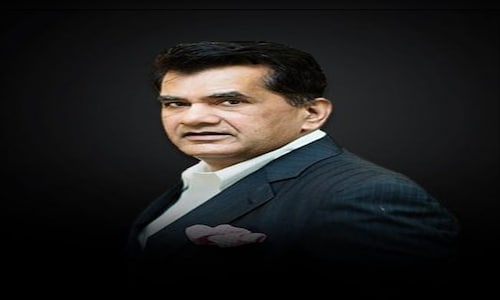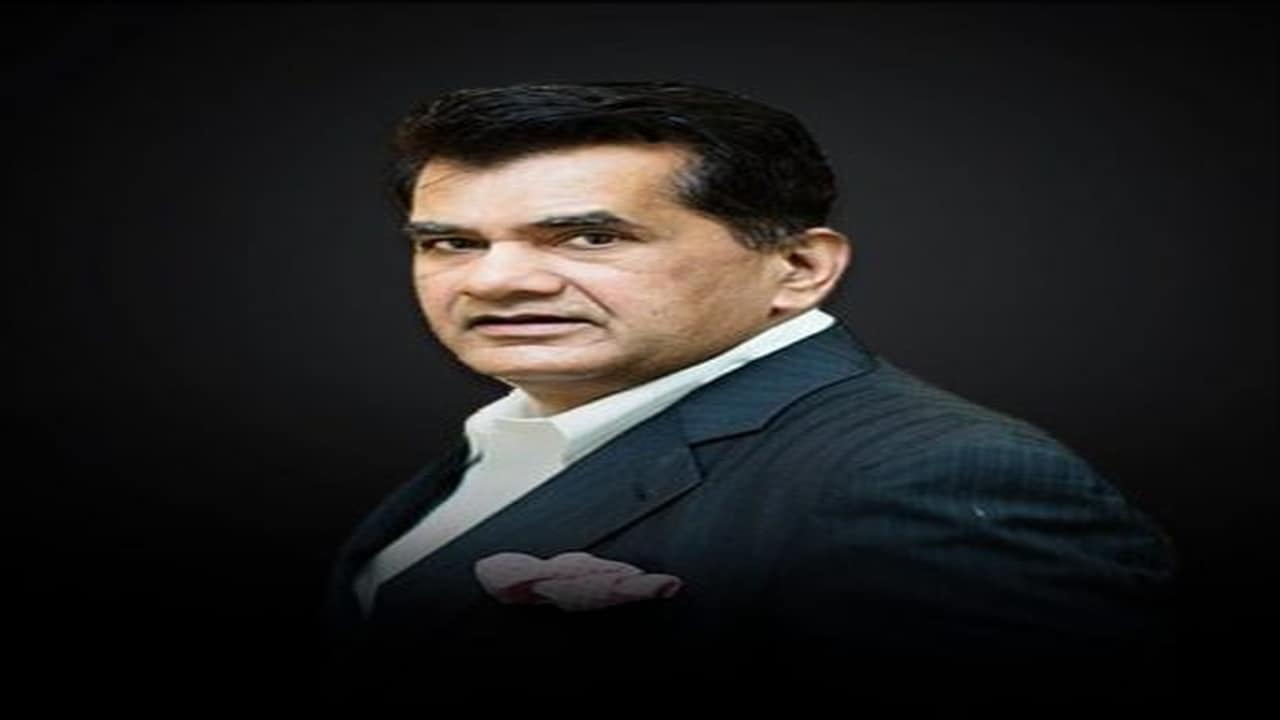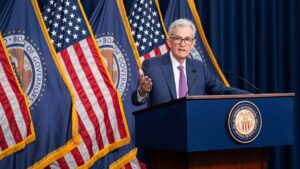

Speaking to CNBC-TV18 at the 18th Annual CII Tourism Summit, Kant emphasised, “India needs jobs, and there is no better sector than tourism to create them.” With the potential to transform livelihoods and drive economic development, the tourism and hospitality sector is uniquely positioned to be India’s job engine. Currently contributing 8% of the nation’s total employment, the sector is poised to add 61 lakh new jobs by 2034.
Highlighting the immense multiplier impact of tourism, he urged tourism leaders to engage with state governments directly. “The industry must highlight the multiplier impact of tourism on job creation and take this message to every chief minister,” he said. Kant also proposed taking industry events like the CII conference to tourism-rich states to showcase success stories like Rajasthan and Kerala, which have reaped substantial benefits from tourism.
Kant further urged India to position itself as a global hub for Meetings, Incentives, Conventions, and Exhibitions (MICE). With state-of-the-art infrastructure like Yashobhoomi and Bharat Mandapam, India has the capacity to compete globally in this lucrative segment. “The MICE market is enormous, and with facilities that rival the best in the world, India can attract premier global events,” he added.
Meanwhile, Puneet Chhatwal, Chairman of the National Committee on Tourism at CII, highlighted the importance of an integrated approach. “Tourism, hospitality, and civil aviation must work together seamlessly. Jobs are created across these sectors, and infrastructure development must include hospitality,” Chhatwal remarked.
He also called for revisiting outdated taxation policies, which hinder the sector’s growth, urging policymakers to view tourism as a strategic priority for India’s evolving economy.
Below are the excerpts of the discussion.
Q: What do we do to make India a magnet for foreign tourism, for foreign tourists to come into India?
Kant: The industry needs to focus not on growth or dollars, it needs to highlight the job potential of the tourism sector. The multiplier impact of tourism is enormous on job creation. India needs jobs and there is no better sector than tourism which can create jobs and that is something the industry must go and tell every single chief minister.
My view is that instead of holding the CII conference in Taj Mahal Hotel, they should go out to the states and hold it in all the states where there’s huge tourism potential, so that, much like what Rajasthan and Kerala have benefited from job creation other states, and they should go and tell the chief minister that they will not win the next election without focusing on tourism, which will create jobs for them. India must become the center of meetings, incentives, conventions and exhibitions (MICE).
The MICE market is huge, it’s big. We haven’t tapped into the MICE market, and this market is possible now with Yashobhoomi and with Bharat Mandapam. Yashobhoomi has been designed to be the biggest in the world today, it’s better than any convention center or exhibition center as compared to China. So you should be able to attract the biggest MICE events from across the world into India.
Q: To Amitabh Kant’s point that industry needs to tell chief ministers that this is going to be your biggest job creating sector – I would imagine that those conversations are ongoing, that those conversations have happened. What are you hearing back from governments that you deal with today? Is this a priority even?
Chhatwal: The answer is yes. It’s positive. It’s a priority. The discussions have started, but where I disagree with Amitabh Kant is actually the Centre is lagging behind.
My personal opinion is even the CII chapter is called tourism and hospitality. The tourism and hospitality associations apex body is called FAITH. But I think the time has come that we should bring the three together, tourism, hospitality and civil aviation. Because the problem is, when we talk tourism, we just get lost in domestic and foreign tourism or inbound travel. But there is far more. The jobs are also created, maximum multiplicator is hospitality. And if civil aviation doesn’t work together with this sector, we will not make the kind of progress. So it’s not this or that, it is Centre and state. Centre has to give infrastructure status, which has been limited for whatever reasons were right 12-14 years ago. If you’re spending so much money as a strategic initiative of the government on building roads and trains and airports, you need hospitality next to it. So you have to incentivise it. You cannot be now living as a number five economy, you are becoming number four and maybe number three by 2027. Also this is a luxury sector, it should be taxed the highest – these days are gone or have to go, otherwise jobs will not get created.
Q: Puneet Chhatwal is basically saying that we need to have a holistic approach. Break down these silos of tourism operating separately, aviation operating separately, because they are all interconnected, and the linkages are very deep. And we need to, in fact, ensure that it becomes seamless. As the man running FAITH at this point in time, do you believe that there is a move towards this kind of integration, this kind of seamlessness? What should the next steps be in order for us to make that happen?
Anand: You must be familiar with this, and this is really talking about the past. There was this man walking down the street, and he seemed a little lost. So there was this lovely bystander person, great character like Puneet, who felt sorry for him and asked him, what are you looking for? Where are you going? So he said, I really don’t know. So Puneet tells him that if you don’t know, then any road will take you there, I think that’s what tourism was for very long time, till I think CII and everybody got together and gave tourism a vision. I think there’s a great step forward. Today we have a vision, but any vision has to be long term. Let me take the example of Incredible India. We should have built up on Incredible India and continued to build there. The question here is, can it be a game changer for India? I think FAITH had put together a document, which the minister himself quoted today was that tourism can be a $3 trillion economy by 2047.
What are the four levers that we have? Yeah, I fully agree with Amitabh Kant, while domestic tourism is important, we only have 1% of millionaires in India of the world. We need to get in the foreigners into India, and there are four big levers that we have. Disneyland can be replicated, it was replicated in Tokyo, everywhere, or the other. But cultural heritage can never be replicated. Our biggest strength is 7,000 years of civilisation. And I’ve been saying this in the past, and I say this today, in our past lies our future. This is what India really needs to push and this is what Amitabh Kant also said.
The second lever is wellness. The pandemic changed the word lifespan to health span. Everybody is talking of health span, and yoga, Ayurveda is all related to wellness. Again, it is part of our culture which goes back 7,000 years.
MICE is a great segment. We have only 1% of it. We could have complained five years back that we didn’t have airports and we didn’t have convention centers. Today, we have the best of them everywhere.
Watch accompanying video for more.



